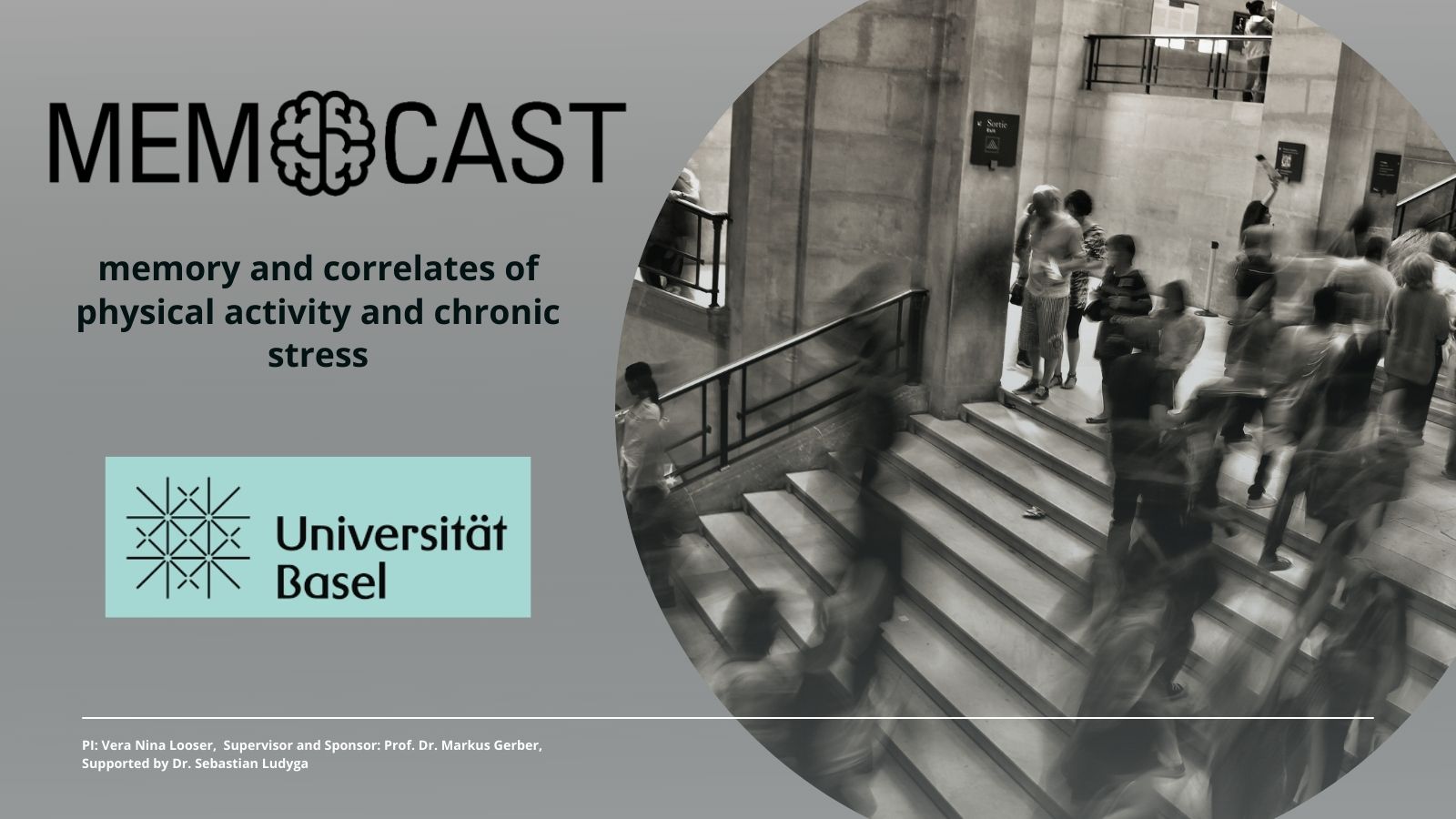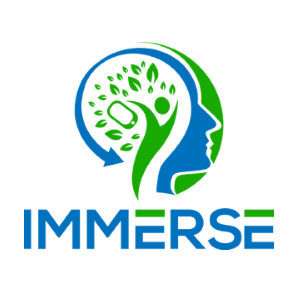Winner student project of the year 2023
movisens approved 11 exciting student projects
We congratulate Michael Hareter from the FH Burgenland of Pinkafeld in Austria for winning the student project of the year award 2023 for his project about physical activity at the workplace!
The aim of this Interactive Ambulatory Assessment study was to increase the physical activity of the participants with the help of ergonomic counselling and workplace adjustments as well as targeted measures. For this purpose activity behaviour (activity classes, posture, energy expenditure) was assessed with the Move 4 activity sensor.
The prize includes a "Starter Set for Interactive Ambulatory Assessment from movisens"!
With an activity sensor Move 4 including accessories, the analisis software DataAnalyzer and a movisensXS Basic Bundle, our winner is perfectly equipped for the next research project.
New Year, New Opportunities
movisens continues to promote innovative research ideas in the field of Ambulatory Assessment and Experience Sampling and actively support student projects. movisens provides students the opportunity to implement their study and project ideas using our sensors and software. Every successfully completed student project can take part in the competition for our "Student Project of the Year" award. Only newly submitted student projects are eligible. If you have any questions about our "Student Project of the Year", please get in touch.
Apply for student project

 movisens is proud to take part in the
movisens is proud to take part in the 
